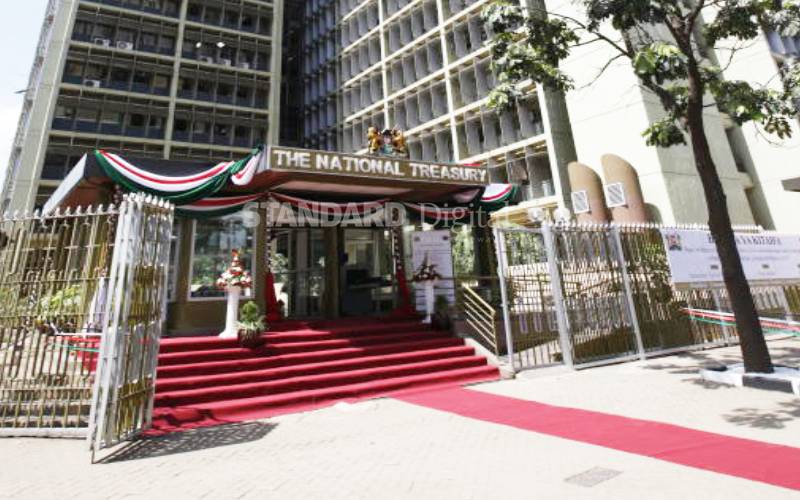×
The Standard e-Paper
Smart Minds Choose Us

A week after MPs raised the country’s debt ceiling to Sh9 trillion, a Treasury debt plan shows that negotiations are under way to borrow up to Sh421.3 billion to fund various projects.